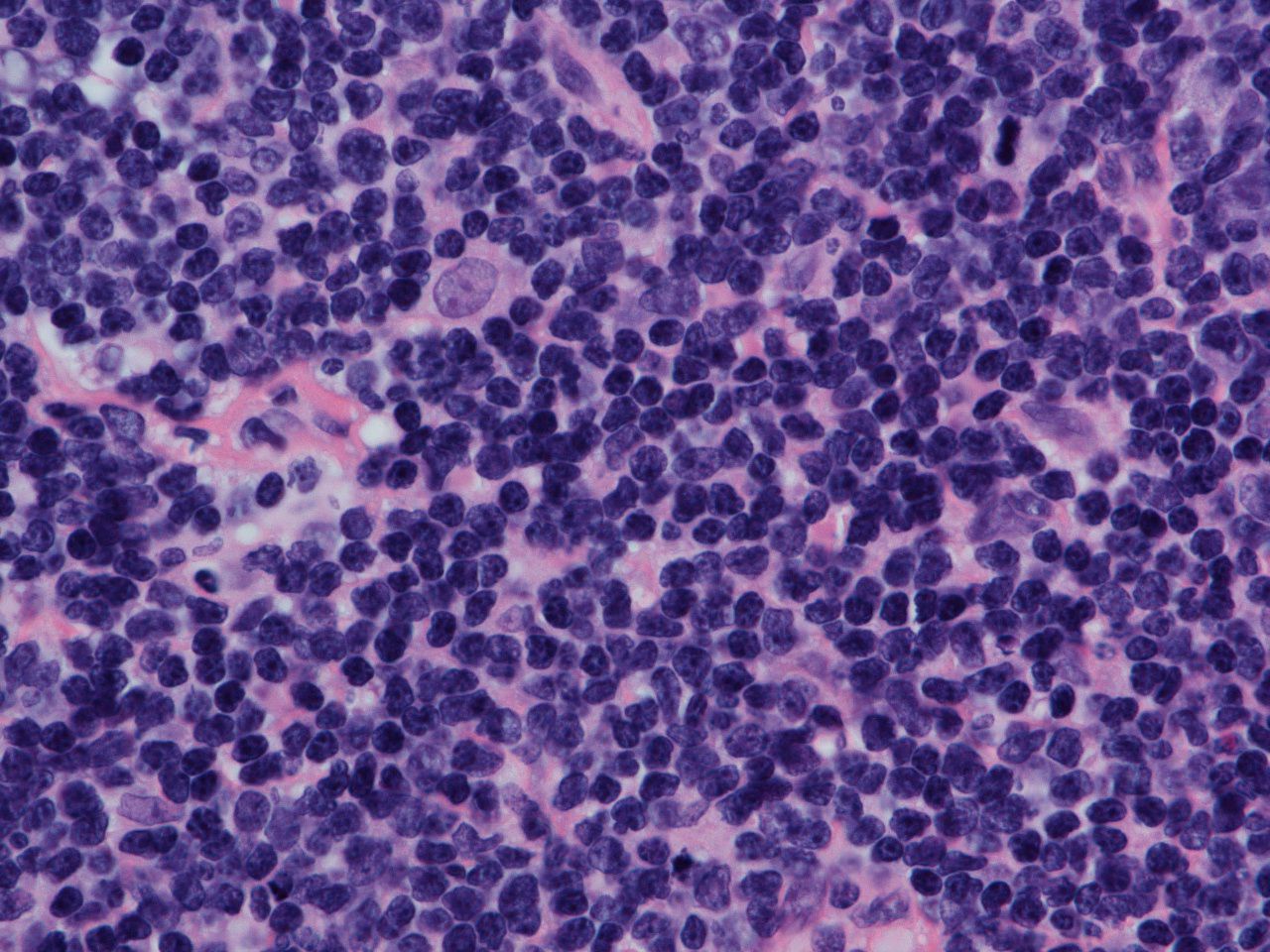
Provider Survey On Caring For LGBTQ+ Patients
November 1, 2019
Now Enrolling: EA4181 Trial For Mantle Cell Lymphoma
November 1, 2019Improving Cancer Care For Sexual and Gender Minorities



By Edith P. Mitchell, MD, FACP
@EdithMitchellMDThe ECOG-ACRIN Health Equity Committee was established to help ensure that the needs of special populations permeate the science of ECOG-ACRIN through research aimed at health disparities. The Committee embraces a broad definition of underserved populations, including adolescents and young adults, elderly, racial/ethnic minorities, rural residents, and sexual and gender minorities (SGMs). A new survey study is now in progress concerning SGMs and its aim is to evaluate clinician cultural competency in providing care for lesbian, gay, bisexual, transsexual/transgender, and queer/questioning (LGBTQ+) adults with cancer.
Currently, there is a substantial lack of knowledge regarding cancer treatment for SGMs and also significant gaps in what is known concerning provider attitudes and practice behaviors toward LGBTQ+ patients. The goal of this survey, led by Matthew B. Schabath, PhD (Moffitt Cancer Center), is to increase knowledge and reduce barriers to clinical trial participation among this population, typically not included in medical research, so we can better understand how to serve these most vulnerable patients as their need for clinical cancer prevention, diagnostic, and treatment services arises.
This study coincides with a recent report by the National Institutes of Health, Sexual and Gender Minority Research Working Group: A Working Group of the Council of Councils, which identifies research aimed at improving SGM health as a priority.
Learn more about the survey from Dr. Schabath's accompanying article and contact us if you are interested in participating.
Dr. Mitchell (Thomas Jefferson University) co-chairs ECOG-ACRIN's Health Equity Committee, which is part of the Cancer Control and Outcomes Research Program. Learn more here.
![ECOG-ACRIN logo[19516]275×75](https://blog-ecog-acrin.org/wp-content/uploads/2021/03/ECOG-ACRIN-logo19516275x75.png)
